Pin on Trying to Conceive

SMEP, the "Sperm Meets Egg Plan" is a TTC (trying to conceive) plan that helps you get pregnant faster with ovulation awareness and intercourse timing. Even if you time intercourse perfectly, you've only got a 25% chance to get pregnant each cycle. The SMEP method ensures you get that 1 in 4 shot by literally making sure the sperm and egg.
Visualization of sperm cells racing towards egg to fertilize stock photo
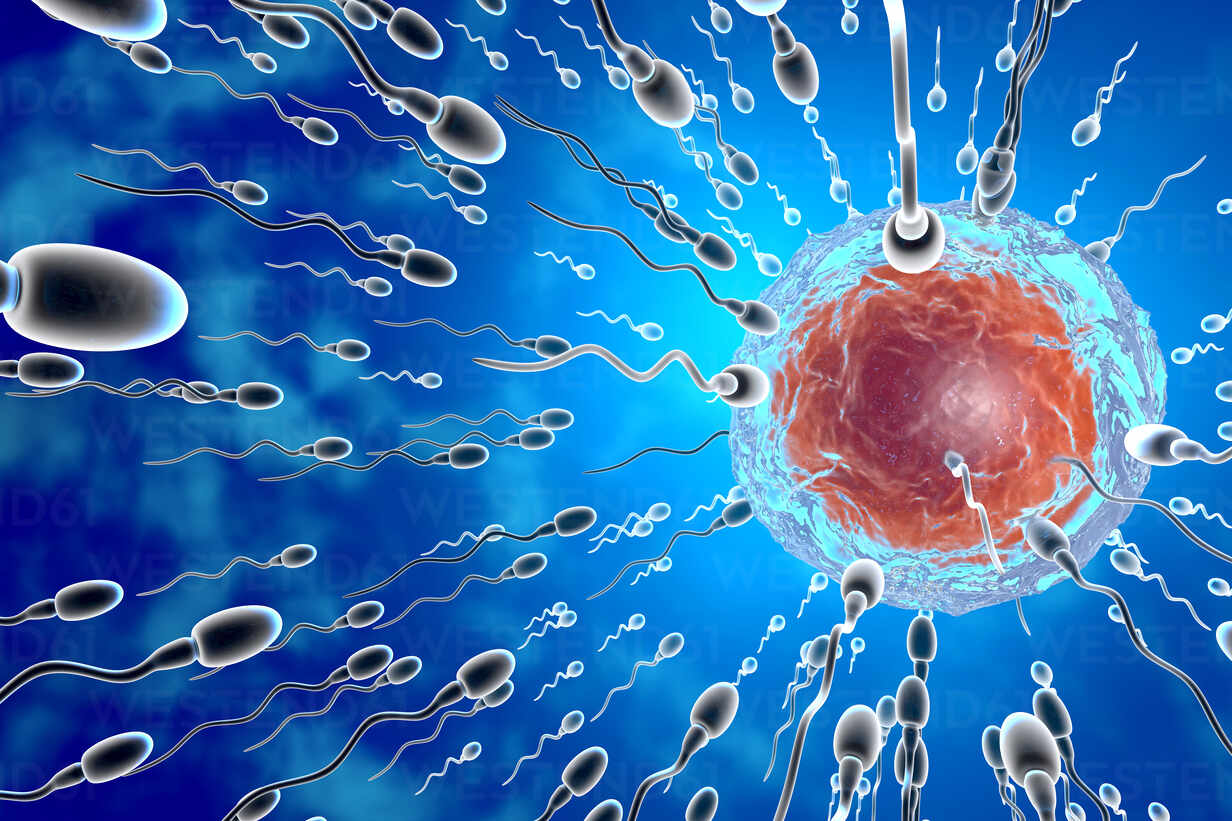
How the sperm meets the egg. Colloquially,the path to fertilization we understand as a race in which only the best sperm will be able to reach the finish line and win the prize. Effectively, it is something like this: many spermatozoa start the race, but only one will fertilize the egg.
Diagram showing fertilization process with sperm and eggs 6891946 Vector Art at Vecteezy
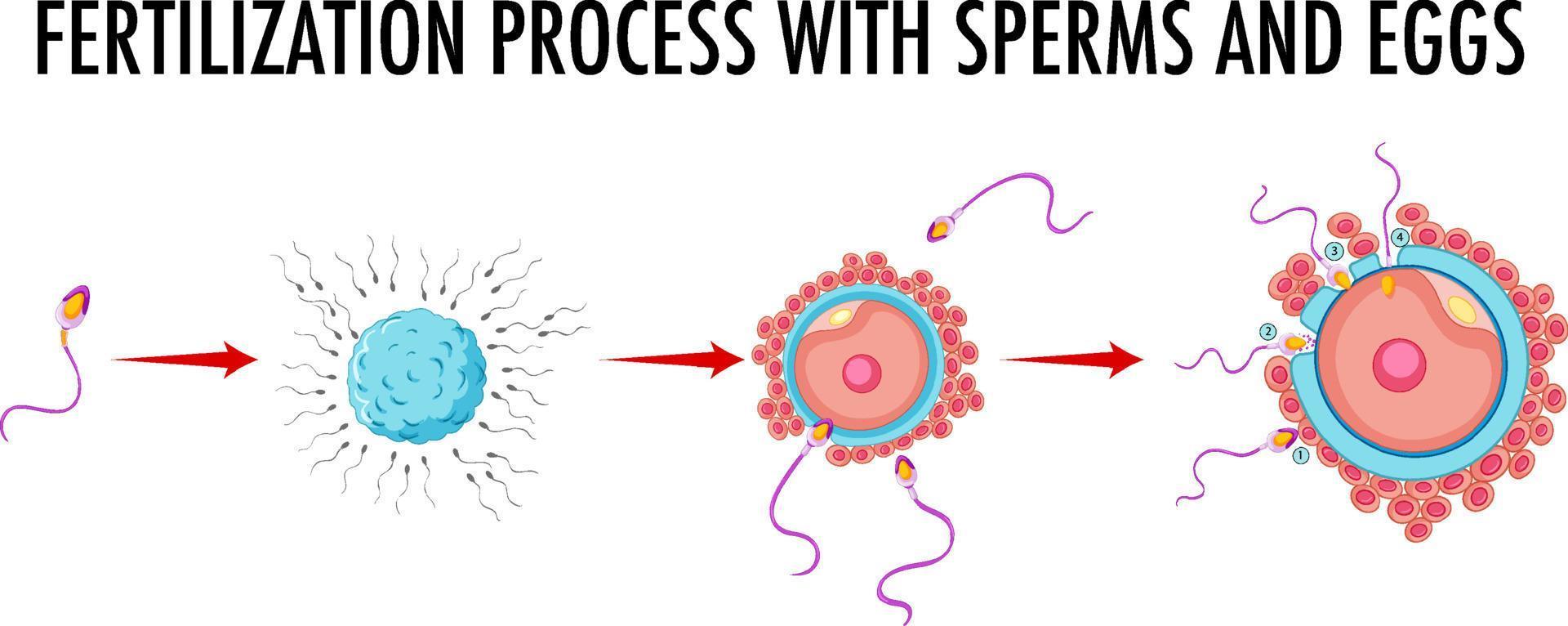
437 ratings20 reviews. The Sperm Meets Egg Plan is a step-by-step guide to achieving pregnancy without taking invasive tests, charting temperatures, or making mistakes in predicting your ovulation that result in mistimed attempts at fertilization. Designed by Deanna Roy after months of trying made her believe she had a fertility problem, the.
The Sperm Meets Egg Plan Getting Pregnant Faster on Apple Books
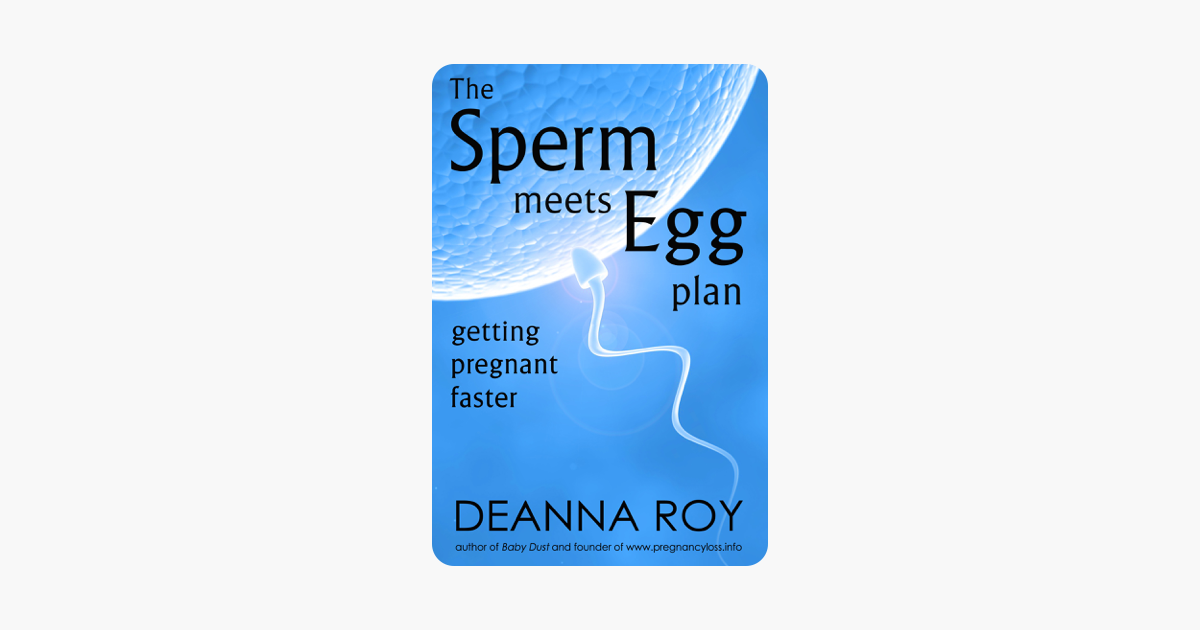
Understanding the SMEP Method. At its core, the Sperm Meets Egg Method (SMEP) is a fertility strategy meticulously designed to optimize the timing of intercourse during a woman's menstrual cycle. By aligning intimate moments with the window of peak fertility, couples can significantly enhance the prospect of successful conception.
SPERM MEETS EGG PLAN for the best odds at getting pregnant YouTube

Sperm are ejaculated in semen, a basic fluid with a pH of about 7.4. The sperm's target is the egg. Since it is so much bigger than sperm, the egg is the source of cytosol and organelles, particularly mitochondria, for the future zygote. Unlike sperm, the egg has not completed meiosis - it's stuck in the Metaphase II stage of division.
The worldfamous Sperm Meets Egg Plan (SMEP) HomeTest.gr
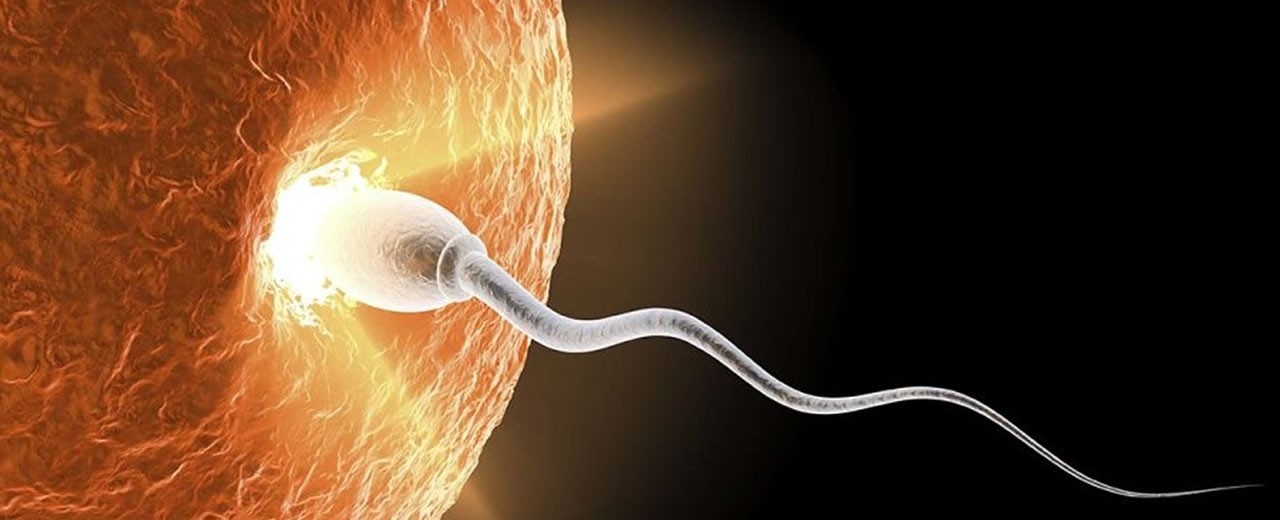
have a low sperm count. "Male-related infertility accounts for 40 percent of all infertility causes, and in an additional 20 percent, both partners have fertility problems," he says. When you decide to take a pregnancy test, try to remain positive, even if you get a negative result, advises Hollie, a visitor to the Pregnancy and Baby message boards
Diagram showing fertilization of egg and sperm 414744 Vector Art at Vecteezy
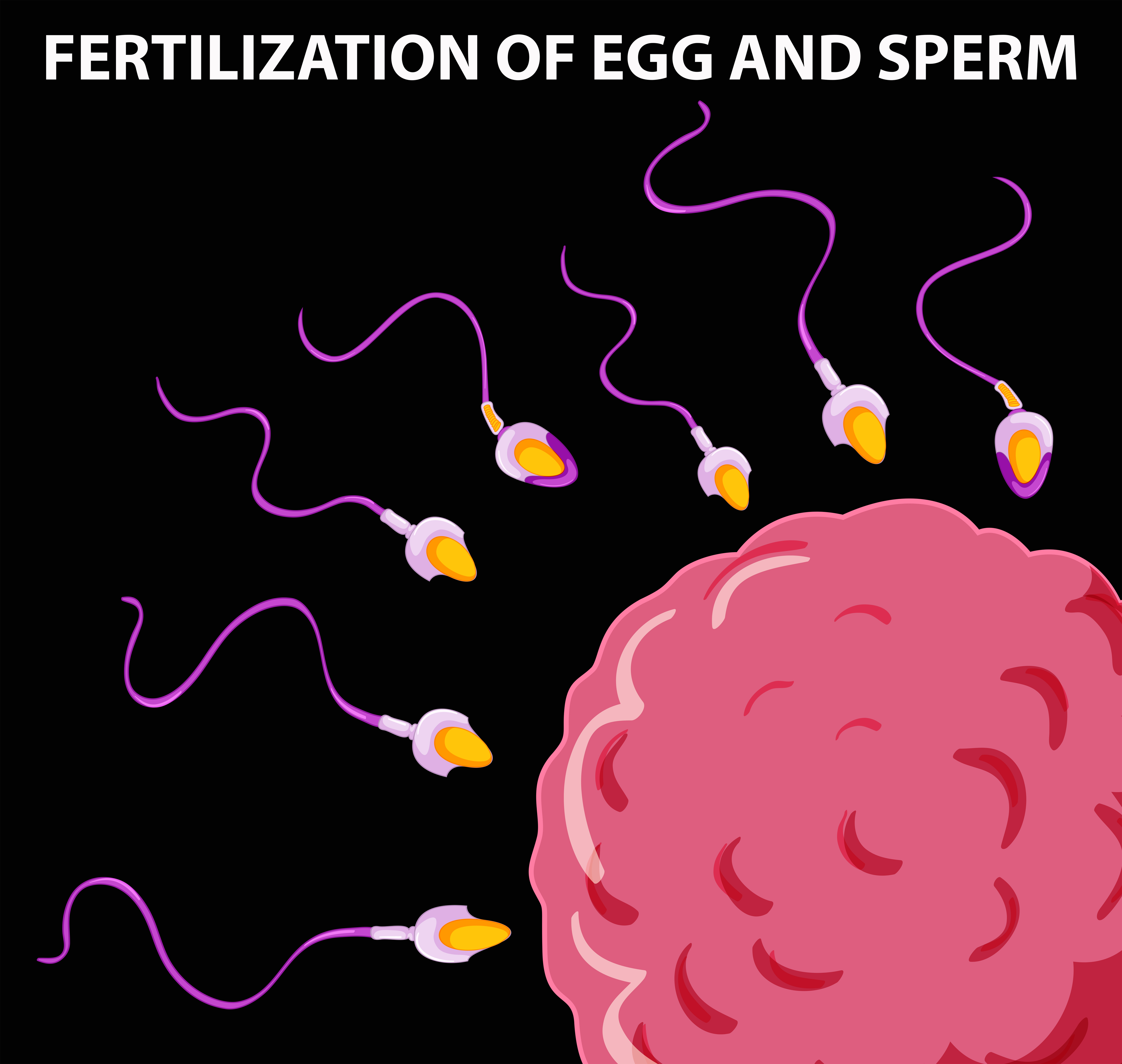
The sperm meets egg plan, also known as the SMEP method, has been reported to have a success rate of around 76% in achieving pregnancy within three months of trying. However, it is important to note that individual results may vary depending on various factors such as age and overall health. Consulting a healthcare professional for personalized.
Human Sperm Meet Egg In Fallopian Tube Northeastern Reproductive Medicine
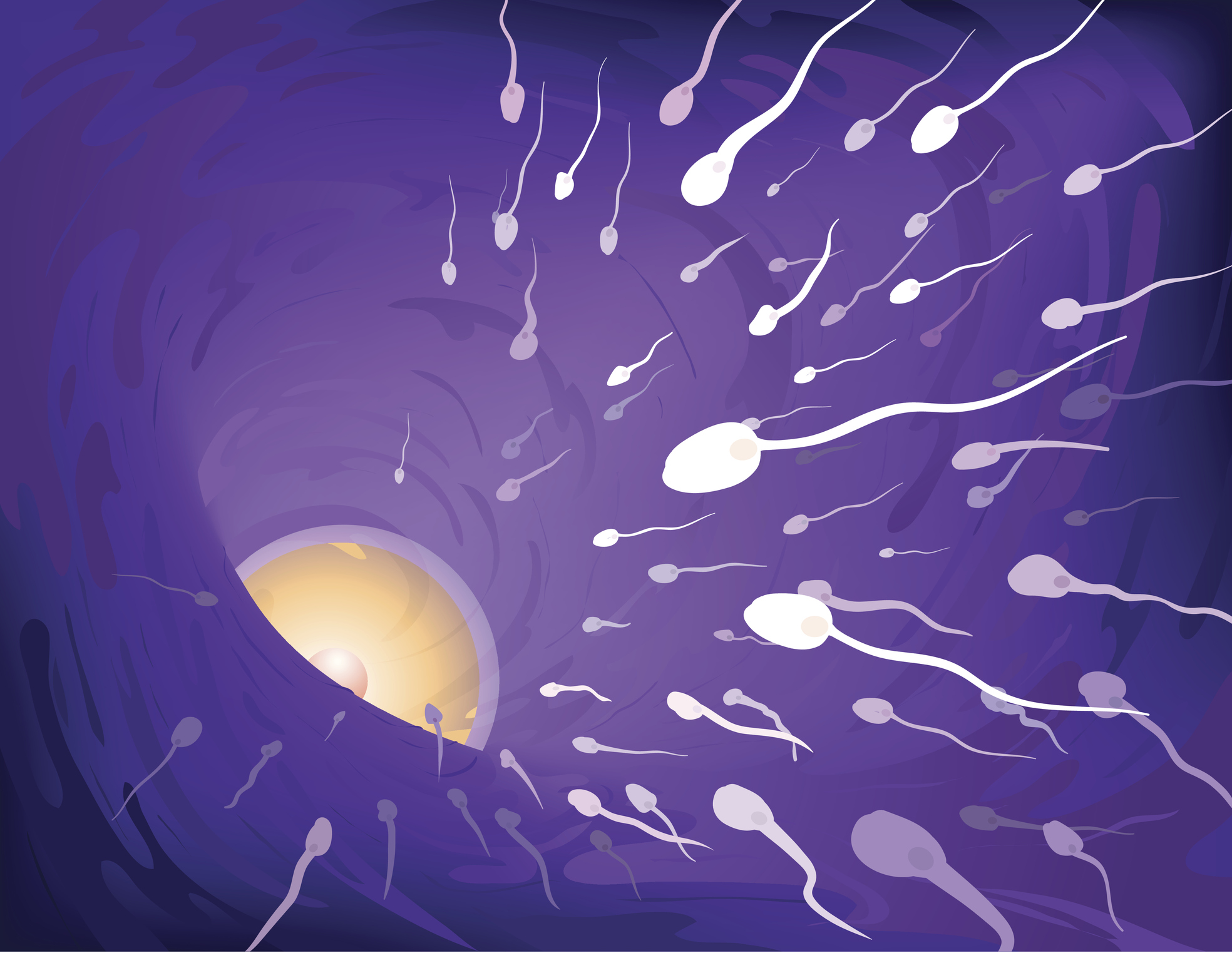
Buy your OPKs HERE: https://amzn.to/30ld620 (paid link)As an Amazon Associate I earn from qualifying purchases.SMEP, the "Sperm Meets Egg Plan" is a TTC (try.
The journey of the sperm to the egg
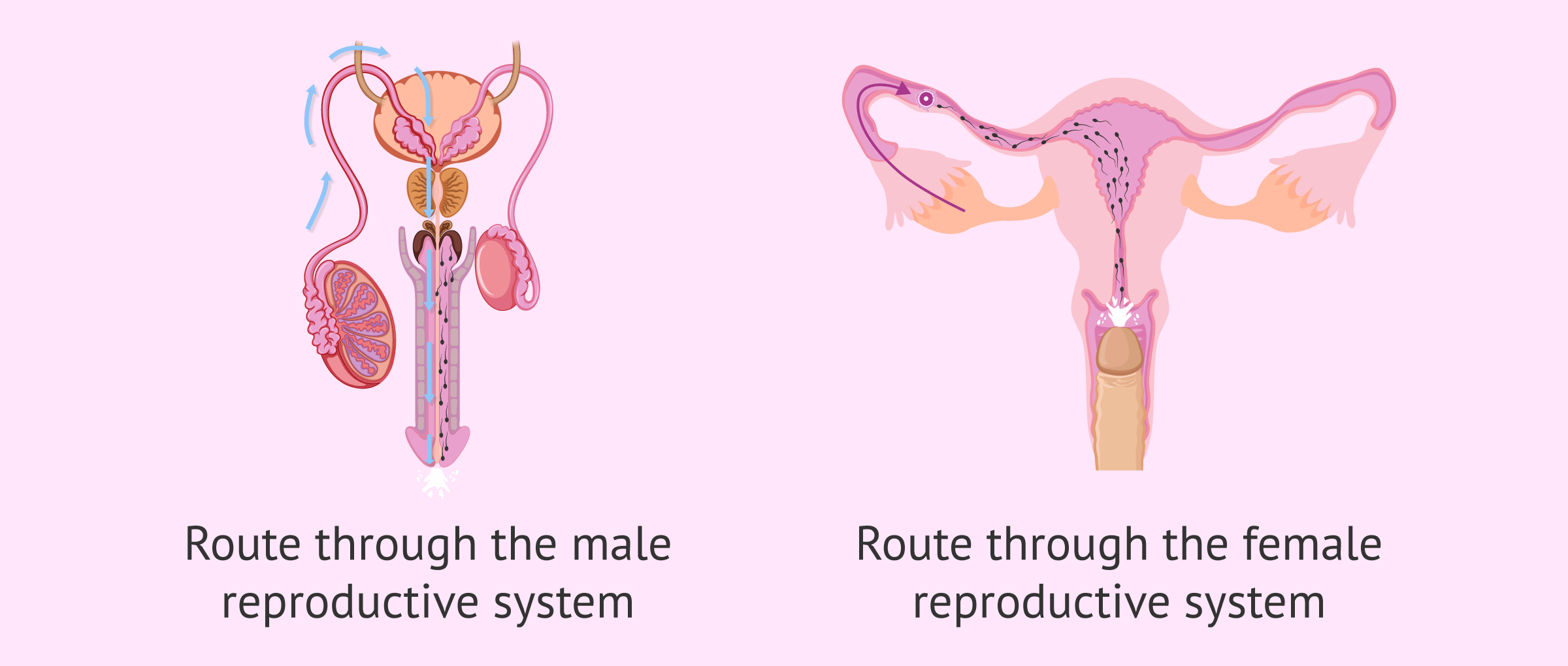
The Sperm Meets Egg Plan is a step-by-step guide to achieving pregnancy without taking invasive tests, charting temperatures, or making mistakes in predicting your ovulation that result in mistimed attempts at fertilization.
PPT Chapter 29 Human Development PowerPoint Presentation, free download ID251793
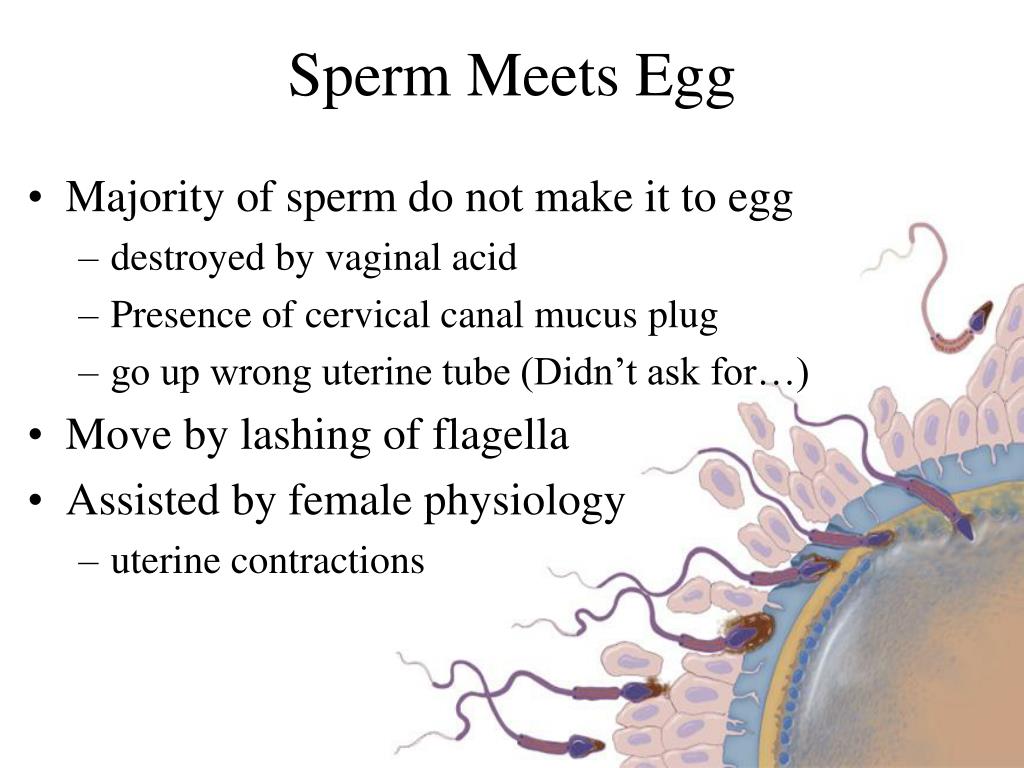
Read an expanded version of the Sperm Meets Egg Plan, including sections for moms over 40, couples with fertility issues, and trying after a loss.It's free! Download at iTunes for iPads or iPhones. Download at Barnes & Noble for the Nook. Download at Amazon for Kindle.; Download at Smashwords for your computer, smart phone, Kindle, Nook, or other eReaders.
The Sperm Meets Egg Plan Getting Pregnant Faster by Deanna Roy Read Online

Deanna's Plan. Whether you are trying again after a miscarriage, or frustrated that you can't seem to get pregnant again after a successful pregnancy, the sperm meets egg plan is for women who have gotten pregnant in the past, and therefore do not have significant infertility problems that need to be tested and treated.
SMEP Sperm Meets Egg Plan How Does It Work?
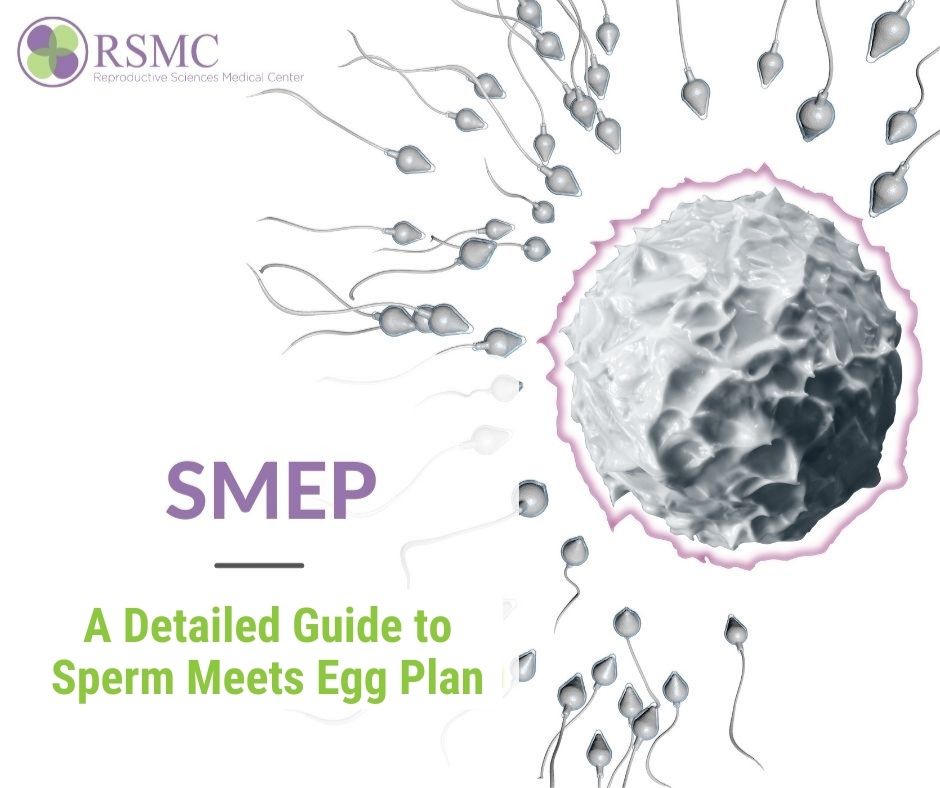
The term 'sperm meets egg plan', commonly referred to as SMEP, is frequently mentioned within the Trying To Conceive (TTC) communities. This might sound like a basic description of the conception process, but SMEP is actually a more scientific approach to increasing the likelihood of pregnancy.
A Journey of Sperm IVF/ICSI/IUI Prime Fertility Center
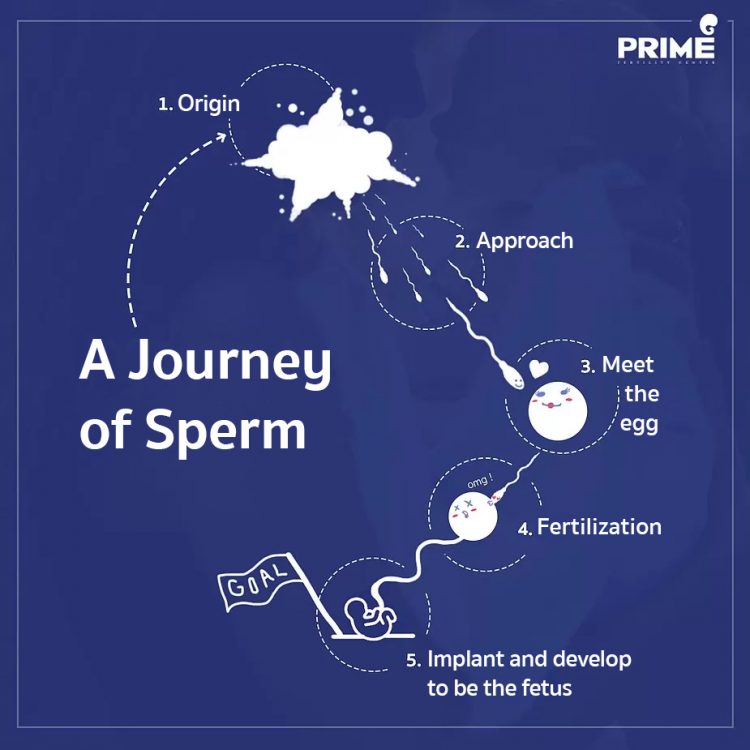
The Sperm Meet Egg Plan is an affordable, simple yet effective way to boost your chances of getting pregnant naturally. Although not guaranteed all the time due to unforeseen health-related risks, using OPKs and incorporating all the steps in removing inhibitory factors affecting sperm count will dramatically increase your odds so give it a.
Human male female reproductive cells diagram. Fertilizer. Sperm cell entry into the ovum cell
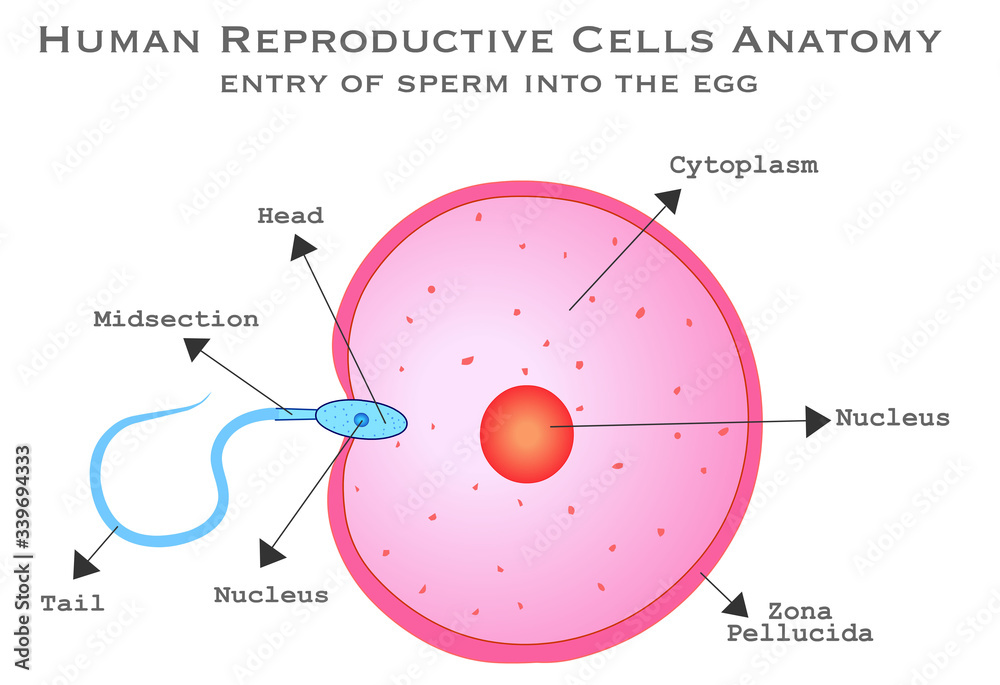
The Sperm Meets Egg Plan is a step-by-step guide to achieving pregnancy without taking invasive tests, charting temperatures, or making mistakes in predicting your ovulation that result in mistimed attempts at fertilization. Designed by Deanna Roy after months of trying made her believe she had a fertility problem, the plan will help you time.
SPERM MEETS EGG PLAN!! YouTube

If you're thinking of buying/downloading this book - don't. A far better option would be the similarly named "The Sperm Meets Egg Plan: Getting Pregnant Faster" by Deanna Roy, which though I've only just started reading, is by far the better book. Read more. 2 people found this helpful. Report. Marj. 2.0 out of 5 stars Basic.
How sperm meets egg a journey from production to fertilization
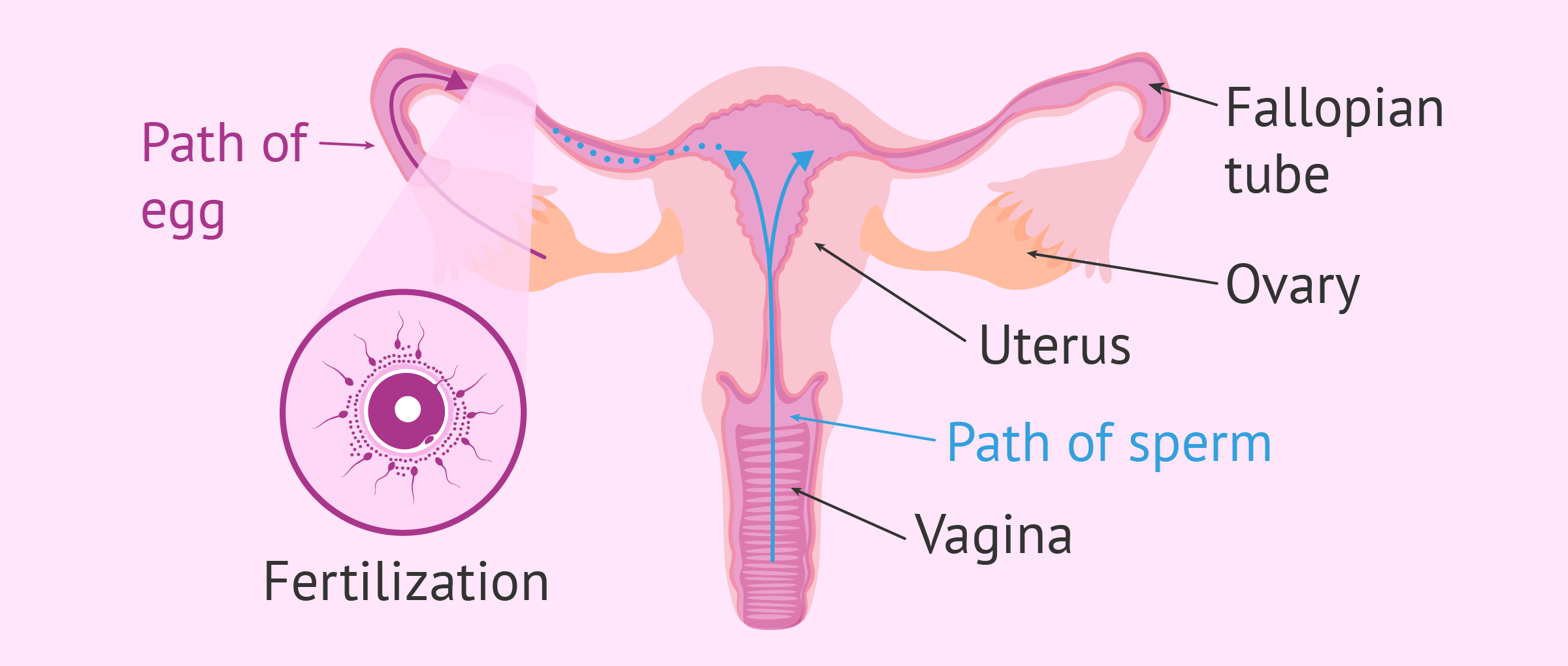
Just because the sperm and egg meet doesn't mean fertilization will occur. Some of the most common factors are: Anovulation (you're not ovulating). Low sperm count or issues with sperm motility (how sperm move). A blockage in the testicles, ovaries or fallopian tubes. Decreasing amount of quality eggs and quality sperm (usually related to aging).